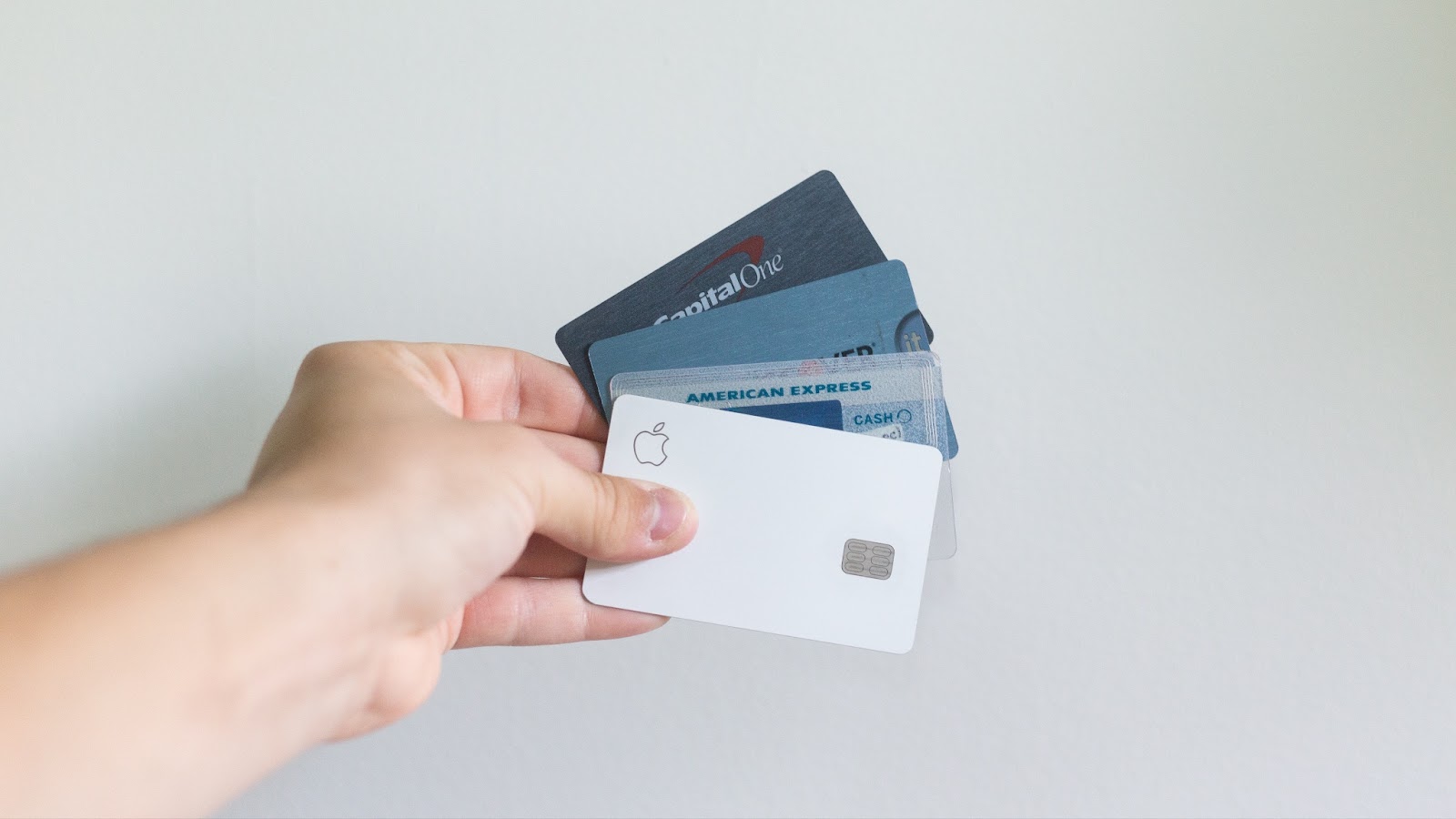You are now leaving the Bright website and entering a third-party website. Bright has no control over the content, products, or services offered, nor the security or privacy of information transmitted to others via their website. We recommend that you review the privacy policy of the site you are entering. Bright does not guarantee or endorse the products, information, or recommendations provided on any third-party website.
Once upon a time, in a world buzzing with consumption and excess, a realization sparked—a path where eco-friendly choices could lead to both a greener planet and a healthier financial future. It's a tale of how sustainability and credit improvement intertwine, offering a golden opportunity to save money while building a solid credit foundation.
Chapter 1: Sustainable Choices for a Financial conscious Lifestyle
Embracing eco-friendly choices not only benefits the environment but also saves you money. Let's explore practical examples:

1. Energy-efficient upgrades: By investing in energy-efficient appliances, LED light bulbs, and smart thermostats, you can significantly reduce your utility bills. These upgrades not only decrease energy consumption but also qualify you for potential rebates and tax incentives, resulting in long-term savings[^1]. Lower energy bills mean more money in your pocket and an improved ability to manage credit card balances and build credit.
2. Thrift shopping and upcycling: Instead of buying new, consider shopping at thrift stores or participating in clothing swaps. This sustainable approach not only reduces textile waste but also allows you to snag quality items at a fraction of the cost[^2]. The money saved can be used to pay down debts or establish an emergency fund, ultimately improving your financial stability and creditworthiness
Chapter 2: Smart Credit Card Choices for Sustainable Credit Building
Credit cards can be valuable tools for building credit when used responsibly. Consider these examples:

1. Secured credit cards: If you have bad credit or are starting to build credit, secured credit cards can be a practical option. These cards require a security deposit, which becomes your credit limit. By making timely payments and keeping balances low, you demonstrate responsible credit usage and improve your creditworthiness[^7].
2. Credit builder loans: Some financial institutions offer credit builder loans designed to help individuals establish or rebuild credit. These loans work by setting aside funds in a secured account, allowing you to make regular payments and demonstrate your creditworthiness[^8]. Responsible credit builder loan usage can positively impact your credit score and open doors to better financial opportunities.
Chapter 3: Sustainable Transportation for Financial Gains
Your transportation choices can have a significant impact on your finances. Consider the following examples:
1. Commuting alternatives: Opting for public transportation, carpooling, or biking not only reduces carbon emissions but also cuts down on fuel and maintenance expenses[^3]. Use the money saved to pay off credit card balances or contribute to an emergency fund, laying the foundation for a healthier credit score.
2. Fuel-efficient vehicles: If owning a car is a necessity, choosing a fuel-efficient or electric vehicle can save you money on gas and maintenance costs in the long run[^4]. Moreover, some states offer tax incentives and rebates for eco-friendly vehicle purchases, providing additional financial benefits.
Chapter 4: Sustainable Eating for Wallet-Friendly Delights
Your food choices can make a difference, both for your health and your wallet. Consider these examples:

1. Meal planning and reducing food waste: Planning meals in advance helps you avoid unnecessary purchases and reduces food waste, ultimately saving you money[^5]. Additionally, composting food scraps contributes to a healthier environment while reducing trash disposal costs.
2. Homegrown produce and community-supported agriculture: Growing your own fruits, vegetables, and herbs or participating in community-supported agriculture (CSA) programs allows you to enjoy fresh, organic produce at a fraction of the cost[^6]. These sustainable food practices promote financial savings and healthy eating habits.
Epilogue: Embrace the Green Money-Saving Lifestyle
As our journey comes to a close, remember that embracing eco-friendly choices not only benefits the planet but also contributes to your financial well-being. By implementing practical tips like energy-efficient upgrades, sustainable transportation, sustainable eating habits, and smart credit card choices, you can save money, pay off debts, and build a strong credit foundation.
Embark on this green money-saving adventure, and witness the transformative power of sustainability on your credit score and financial future.
Related Reads:
Sources:
[1]: Energy-efficient upgrades and savings: [Source](https://www.energy.gov/energysaver/save-electricity-and-fuel/lighting-choices-save-you-money)
[2]: Thrift shopping and upcycling benefits: [Source](https://www.cnbc.com/2021/06/26/here-are-8-easy-ways-to-save-money-by-going-green.html)
[3]: Sustainable transportation and financial benefits: [Source](https://www.cnbc.com/2021/06/26/here-are-8-easy-ways-to-save-money-by-going-green.html)
[4]: Fuel-efficient vehicles and savings: [Source](https://www.fueleconomy.gov/feg/savemoney.jsp)
[5]: Meal planning and reducing food waste: [Source](https://www.cnbc.com/2021/06/26/here-are-8-easy-ways-to-save-money-by-going-green.html)
[6]: Homegrown produce and community-supported agriculture: [Source](https://www.cnbc.com/2021/06/26/here-are-8-easy-ways-to-save-money-by-going-green.html)
[7]: Secured credit cards and credit building:[Source](https://www.nerdwallet.com/article/credit-cards/secured-credit-cards)
[8]: Credit builder loans and creditworthiness: [Source](https://www.myfico.com/credit-education/credit-scores/credit-builder-loans)
[9]: "8 Easy Ways to Save Money by Going Green" - CNBC



